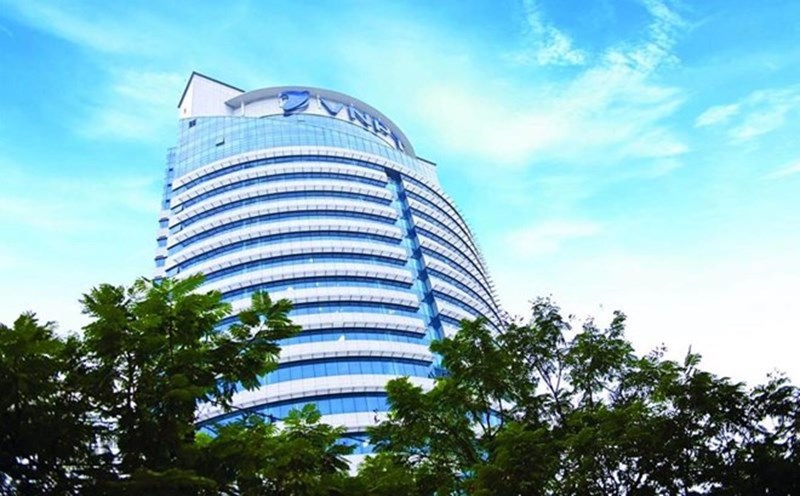Bananas
According to the World Health Organization (WHO), potassium is an important mineral that helps the body eliminate excess sodium - the main cause of high blood pressure. Bananas, a familiar and easy-to-find fruit, are one of the richest natural sources of potassium. A medium-sized banana provides about 400-450 mg of potassium, accounting for nearly 10% of daily needs.
Patium-rich foods like bananas help reduce pressure on blood vessel walls and lower blood pressure naturally without medication, says Dr. Linda Van Horn, a nutritionist at Northwestern University.
In addition, bananas are also rich in fiber and vitamin B6, which help calm the nervous system - an indirect factor affecting blood pressure.
Papaya
Papaya is not only good for the digestive system but also supports the cardiovascular system thanks to its powerful antioxidants such as beta-carotene, vitamin C and flavonoids. These active ingredients help prevent plaque formation in the arteries, which causes atherosclerosis and high blood pressure.
According to research published in the American Journal of Clinical Nutrition, a diet rich in antioxidants can help reduce average cardiac blood pressure by 5-7 mmHg.
Papaya also provides about 257 mg of potassium/100g, which is suitable for the need to control blood pressure without causing sudden increases in blood sugar.
Watermelon
A 2014 study by the University of Florida (USA) shows that watermelon can help reduce average blood pressure in middle-aged people thanks to its L-citrulline content, an amino acid that can be converted into nitric oxide, which helps dilate blood vessels naturally.
Dr. Arturo Figueroa, research author, said: Dried watermelon is one of the few foods that are both rich in citrulline and provide water and electrolytes, helping to improve blood circulation and stabilize blood pressure effectively.
Watermelon also has a mild diuretic effect, helping to remove excess salt - a factor that contributes to high blood pressure.
Grapefruit
As a typical fruit of Vietnam, grapefruit not only has a refreshing taste but is also very good for the heart. Grapefruit is rich in flavonoids (naringin), vitamin C and lycopene, compounds that help reduce bad cholesterol (LDL), improving the elasticity of blood vessels.
A study in the Journal of Medicinal Food shows that people who eat grapefruit regularly for 6 weeks have significantly better blood pressure and cholesterol levels than those who do not.
However, pharmacists warn: grapefruit can interact with some blood pressure lowering drugs or cardiovascular drugs. People being treated should consult a doctor before using it regularly.
Maintaining a healthy diet rich in fruits and vegetables is the foundation for sustainable blood pressure control. According to the American Heart Association (AHA), supplementing at least 4-5 servings of fruit per day, especially those rich in potassium and antioxidants, can reduce the risk of high blood pressure by up to 20%.
Instead of just relying on medicine, take advantage of the fruits available in your home garden such as bananas, papaya, watermelon and grapefruit to proactively take care of your cardiovascular health from today.











